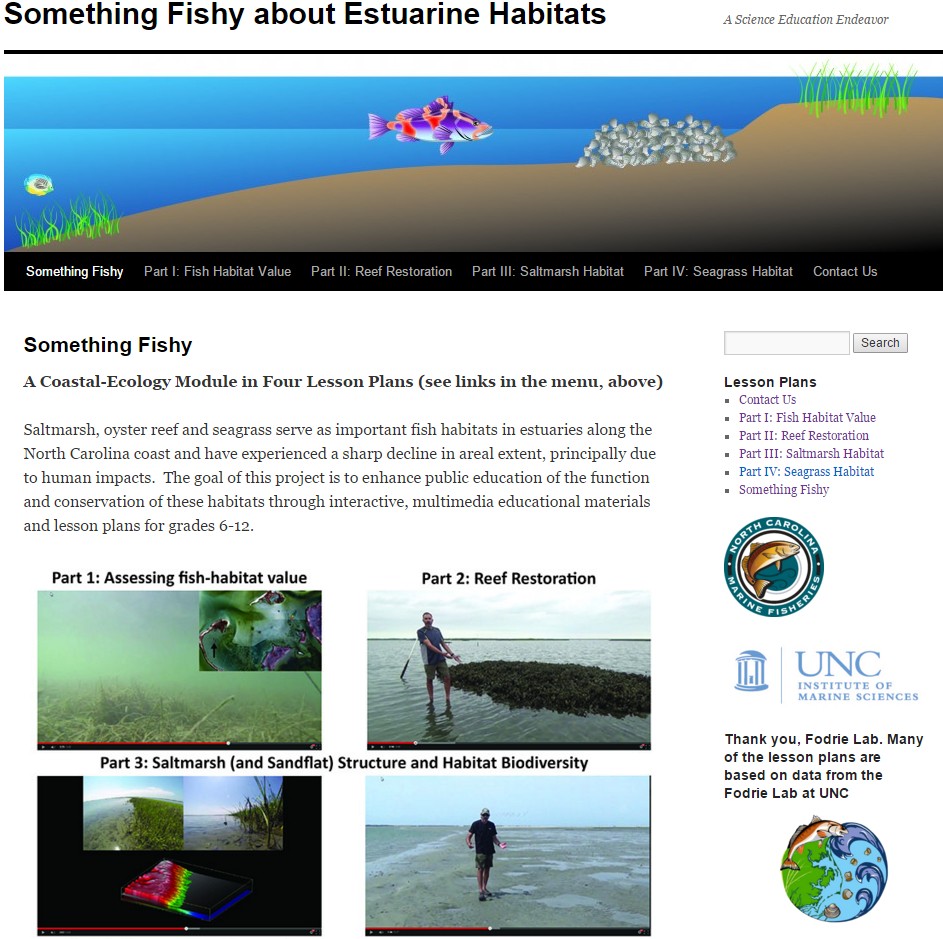Contact Information
Important:
Commitments to diversity and inclusivity are fundamental to the Rodriguez Lab and UNC-EMES’s mission.

Not really what Core Banks looks like, but a fun sticker.
Lab Musings (mostly)
- RT @annesmileyy: The 2022 @UNC_EMES grad student retreat was amazing! Loved spending time outdoors with fellow students and learning about… 08:27:27 PM October 12, 2022 from Twitter for iPhone ReplyRetweetFavorite
- RT @susanalesecohen: Have you met @ENEC_UNC graduate student @AndrewZachman? He studies the impact of forest stand structure and fire freq… 08:12:33 PM September 13, 2022 from Twitter for iPhone ReplyRetweetFavorite
- RT @UNCims: Did you catch the first field site blog post? Check it out! Stay tuned for a new post later this week. 06:00:09 PM September 11, 2022 from Twitter for iPhone ReplyRetweetFavorite
Lesson plans for middle- and high-school teachers that focus on estuarine fish habitats can be found here.
-
Recent Posts
- Explaining the wide range of salt marsh carbon accumulation rates August 12, 2022
- Working with John Anderson for 30 years June 18, 2022
- Elevations where oyster reefs grow best increase as they age June 3, 2021
Archives
Meta
Tag Archives: QUEST
Oyster-reef bit airs on Quest, The Science of Sustainability
Back in July we spent the day with David Huppert, who was producing a video story on oyster-reef restoration for the PBS show Quest. He tagged along with us while we collected some laser-scanning data from a natural reef near … Continue reading
Posted in Uncategorized
Tagged ocean, outer banks, oysters, pbs, public media, QUEST, reef, restoration, Science, timelapse, unc-tv, UNCTV, water
Leave a comment
Field trip with PBS QUEST
QUEST joined us in Back Sound, a shallow body of water behind Shackleford Banks, North Carolina, to learn about our work with oyster reefs. We were laser scanning a natural reef that formed on a sandflat in an area that … Continue reading
Posted in Uncategorized
Tagged North Carolina, oyster reef, QUEST, Shackleford Banks
Leave a comment


